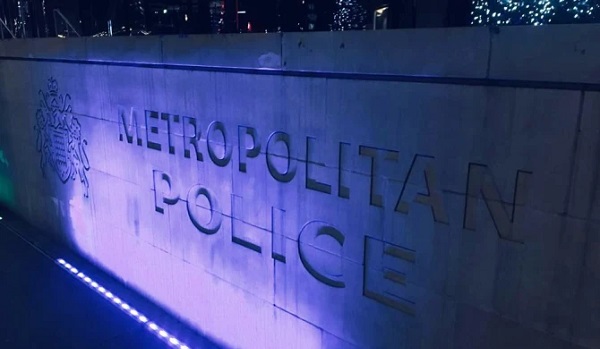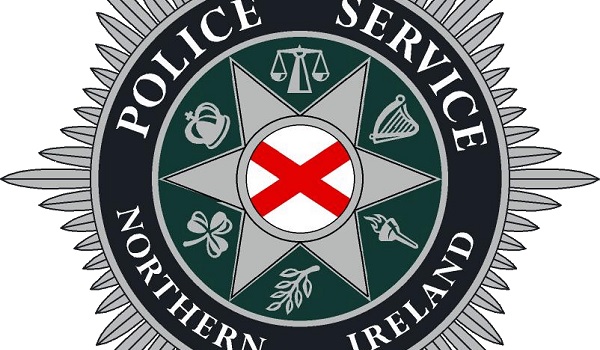Corruption allegations within DPS stemmed from ‘breakdown in communication’, IOPC finds
The Independent Office for Police Conduct (IOPC) has made recommendations to the Metropolitan Police Service (MPS) to reinforce ongoing changes to working practices within its Directorate of Professional Standards (DPS).
The recommendations following an investigation into allegations of corruption within the DPS and suggestions that officers and members of staff inappropriately interfered with the decision-making process or made decisions based on personal relationships.
The IOPC found no case to answer for misconduct for eight officers and one member of police staff, but its investigation highlighted confusion and opposing processes between those charged with making decision and those in management roles, leading to a breakdown of communication which in turn led to apparent mistrust within the DPS.
In one instance, documentation that would have negated the need for an investigation had not been recorded on the electronic case management system. In another, an officer made a decision on a case when they allegedly had a conflict of interest, but no record of the decision could be found.
The IOPC also found multiple instances of confusion among the DPS investigative team regarding which regulatory framework investigations were being conducted under. This in part led to allegations that an officer had acted inappropriately by making a decision as the ‘appropriate authority’ (AA) on an investigation where an AA decision had already been made, and in another case led to an AA making a decision under the Conduct Regulations rather than the Police Reform Act (PRA).
In addition, the investigation found multiple instances of decisions not being recorded; perceived conflicts of interests not being recorded; miscommunication; and confusion and/or conflation of roles in the DPS, particularly between the role of a senior manager, senior investigating officer and the appropriate authority, all of which impacted confidence in impartiality within the unit.
A statement by the IOPC said that, on occasions where it seemed that senior officers were interfering in cases, “they were in fact managing the quality or timeliness of the investigation, and in some instances they had been legitimately tasked to conduct a review of an investigation”.
“We further highlighted that officers and staff acting in the appropriate authority role had the right to disagree with the investigator’s view on whether there was a case to answer and that this was not corruption but a matter of professional disagreement,” it added.
IOPC Director of Major Investigations Steve Noonan said: “The MPS has already improved some processes in its DPS but there is still work to do as part of their commitment to continuous improvement. We found that confusion over working practices had led to mistrust among colleagues and this resulted in very serious allegations of corruption being made, which required us to undertake a complex investigation.
“In a system that relies on policing by consent, the public expects the highest possible standards of conduct so the importance of the role of professional standards departments should not be underestimated. It is vital they function and operate in a way that inspires confidence to the public that their complaints will be handled in the right way.”
The MPS had already begun to implement a number of changes to address the issues, including the creation of a dedicated appropriate authority cell with a smaller pool of individuals who complete the role and are supported by training and experienced appropriate authorities who provide peer support.
The force has also introduced a regular programme of ‘benchmarking’ training to safeguard decisions and ensure they are appropriately discussed and challenged.
Further key recommendations from the IOPC include that the MPS DPS:
- Implement a system to monitor officer compliance with record keeping procedures relating to decision making and the recording conflict of interests, either real or perceived, to ensure they are recorded on their case management system;
- Implement systems to monitor officers’ compliance with the use of the correct regulatory framework for decision making as per the training provided; and
- Ensures that changes implemented to develop a culture of openness, transparency, improve cross-team working and collaboration between teams are embedded and a clear plan is in place to support continuous improvement in this area.







